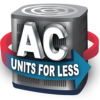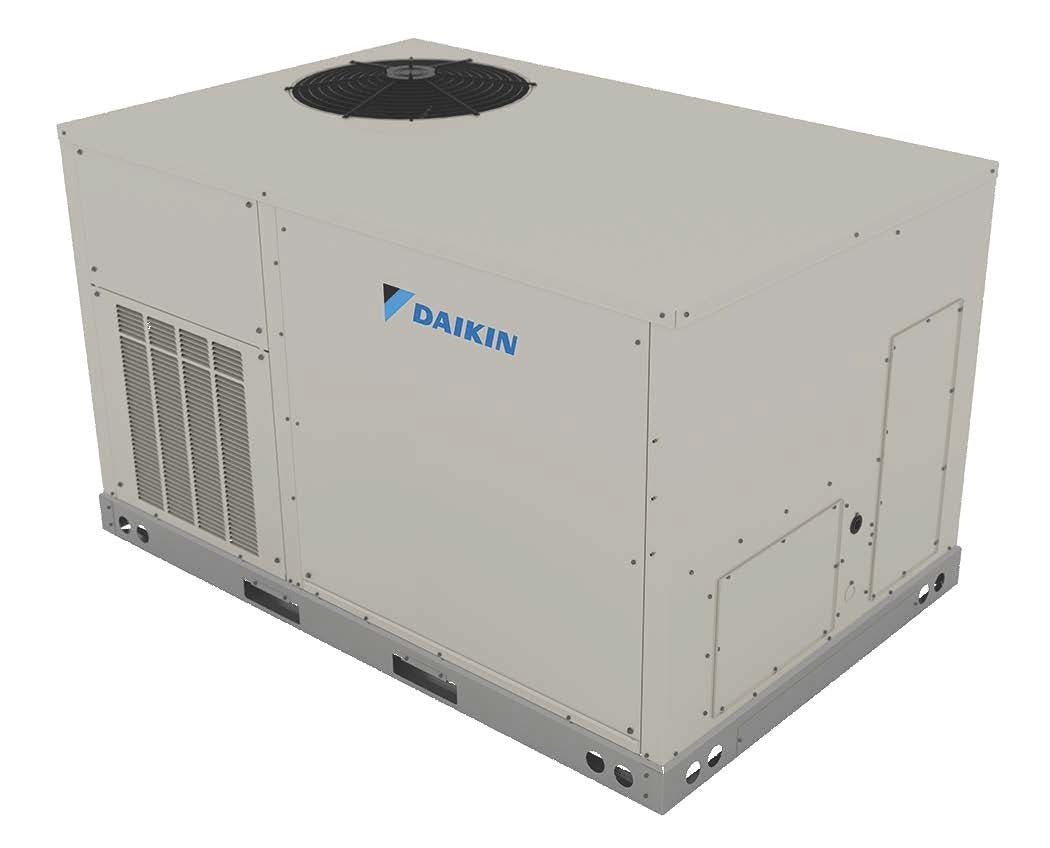Daikin air conditioners are well-known for their performance, efficiency, and innovation. However, like any product, they come with their own set of questions. In this blog, we’ll answer some of the most common queries people have about Daikin ACs—from potential issues to why they may be more expensive than others. Whether you're considering Daikin for your home or business, this guide will provide valuable insights to help you make an informed decision.
What Is the Common Problem of a Daikin Air Conditioner?
Daikin air conditioners are generally reliable, but no system is entirely free from issues. One common problem some users report is a faulty sensor or thermostat issue, which can cause the unit to misread the room temperature. This can lead to irregular cooling cycles or inefficient operation.
Another common issue is poor airflow due to dirty filters. Like all HVAC systems, regular maintenance is essential for keeping the unit running smoothly. Clogged filters, dirty coils, or debris in the outdoor unit can reduce the AC's performance. However, these are typical problems that most air conditioning systems face, and they can be easily fixed with routine maintenance.
Why Is Daikin So Expensive?
Daikin is known for producing high-quality, durable, and energy-efficient air conditioners, which come at a premium price. There are several reasons why Daikin ACs are more expensive than some competitors:
-
Advanced Technology: Daikin incorporates cutting-edge technology in its products, such as inverter technology and smart temperature control, which boosts energy efficiency and performance.
-
Energy Efficiency: Many Daikin models are built to meet or exceed energy efficiency standards, which not only saves money on utility bills but also reduces the system's environmental impact.
-
Durability: Daikin AC units are built to last, using high-quality materials and rigorous testing processes. This reliability ensures that you won’t need frequent repairs or replacements.
When you invest in a Daikin air conditioner, you're paying for long-term savings, advanced features, and peace of mind, which makes the upfront cost worth it for many homeowners and businesses.
Which HVAC System Is Best for a Commercial Building?
Choosing the right HVAC system for a commercial building depends on several factors, including the building's size, layout, and specific needs. However, Daikin’s Variable Refrigerant Volume (VRV) systems are widely regarded as some of the best HVAC solutions for commercial buildings.
The VRV system allows for precise temperature control across different zones of the building, ensuring consistent comfort for all occupants. It also provides energy savings by adjusting cooling and heating levels based on real-time needs. Daikin’s VRV systems are scalable, which makes them ideal for large commercial spaces, offices, and multi-story buildings.
Other popular options for commercial HVAC systems include rooftop units (RTUs) and split systems, but Daikin’s VRV stands out for its combination of efficiency, scalability, and advanced technology.
What Are the Disadvantages of Daikin AC?
While Daikin air conditioners are known for their quality and performance, there are a few potential drawbacks to consider:
-
Higher Initial Cost: As mentioned earlier, Daikin AC units tend to be more expensive than other brands. While the higher upfront cost is often offset by energy savings over time, it can still be a barrier for some buyers.
-
Complex Installation: Some Daikin systems, especially VRV models, require specialized installation that can be more time-consuming and costly. It’s important to hire a qualified technician familiar with Daikin’s systems to ensure everything is installed correctly.
-
Parts Availability: In some regions, getting replacement parts for Daikin units may take longer due to limited availability. This is not a widespread issue but can be a concern depending on your location.
Overall, the disadvantages of Daikin air conditioners are relatively minor, especially considering their long-term performance and reliability.
What Is the Life Expectancy of a Daikin AC Unit?
A well-maintained Daikin air conditioner can last anywhere from 15 to 20 years or more. The actual lifespan will depend on factors like:
-
Regular Maintenance: Performing routine maintenance like changing filters, cleaning coils, and ensuring proper airflow can significantly extend the life of your unit.
-
Usage: Units that are used year-round may experience more wear and tear than those used seasonally. However, Daikin ACs are built for durability and can handle frequent use if maintained properly.
-
Installation Quality: A professional installation ensures that your system operates at peak efficiency, reducing the likelihood of problems down the road.
Investing in annual inspections and preventative maintenance can help your Daikin AC reach or even exceed its expected lifespan.
Are Daikin Air Conditioners Good Quality?
Yes, Daikin air conditioners are widely regarded as some of the best quality units on the market. They are built with durable materials, advanced technology, and energy-efficient features. Daikin has a long history of innovation in the HVAC industry and is known for its commitment to high standards of reliability and performance.
Key reasons why Daikin ACs are considered high-quality include:
-
Energy Efficiency: Many Daikin models are ENERGY STAR® certified, meaning they meet strict energy efficiency guidelines.
-
Advanced Features: Daikin offers smart systems that allow for temperature control via mobile apps, zoning, and other innovations that improve comfort and convenience.
-
Durability: Built to last, Daikin units undergo extensive testing to ensure they can withstand harsh conditions and long-term use.
In conclusion, Daikin air conditioners offer excellent quality, making them a top choice for homeowners and businesses seeking long-term value and reliability.
Final Thoughts
Daikin air conditioners may come with a higher upfront cost, but their advanced technology, energy efficiency, and durability make them a solid investment for both residential and commercial use. While there are some disadvantages, such as cost and complex installation, the benefits far outweigh these drawbacks. With regular maintenance, a Daikin AC can last for decades, providing reliable comfort and energy savings along the way.
If you're looking for a high-quality HVAC system, Daikin should definitely be on your radar. Whether you’re outfitting a commercial building or upgrading your home system, Daikin offers some of the best HVAC solutions available today



